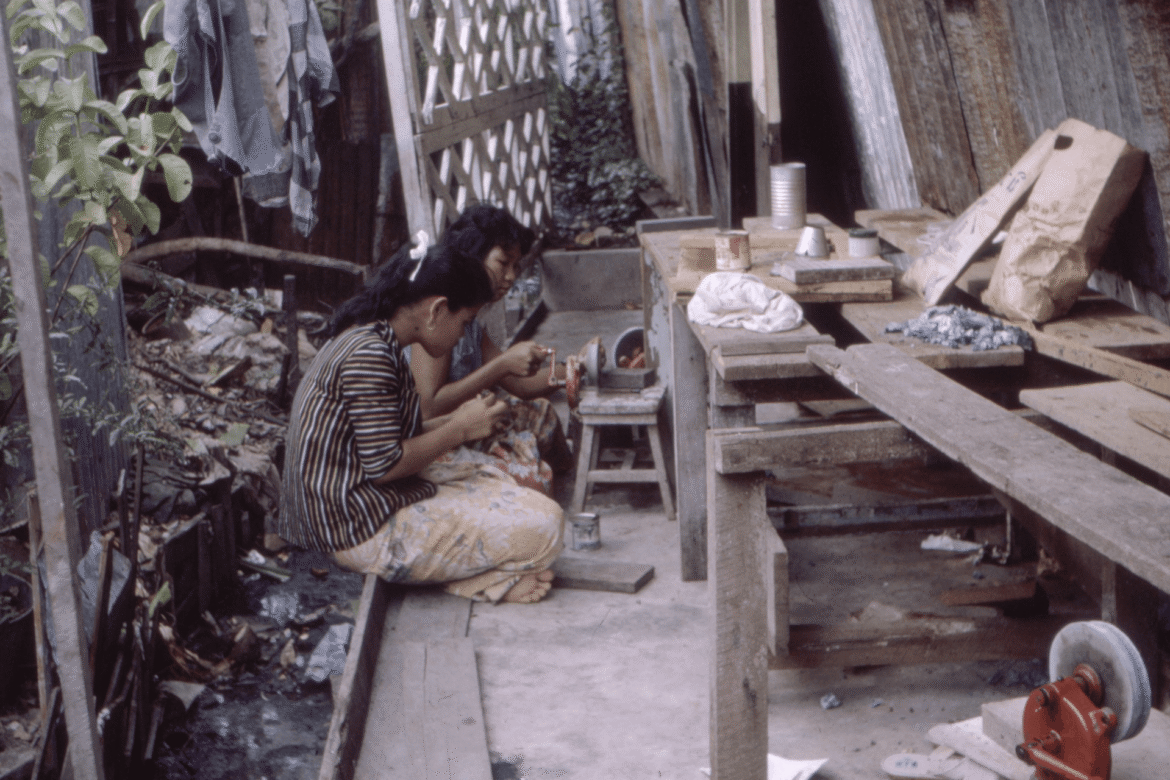A recent study by icddr,b has found that working women in Bangladesh’s slums and factories faced deep financial hardship during the COVID-19 pandemic. The research emphasizes the critical importance of creating support structures to assist these women in restoring their lives and means of earning a living. Though the study focuses on health and well-being, the findings point strongly towards the need for smart policy measures to protect vulnerable women workers. The icddr,b researchers focused on women in informal slum communities and garment factories—two areas heavily hit by lockdowns and economic slowdowns. In urban slums, many women lost their jobs or saw their hours shrink dramatically. One survey cited in The Financial Express reveals that over half of housemaids became unemployed during lockdowns, and small-scale female entrepreneurs saw a 35% unemployment rate—nearly double that of men. These women often work informally and lack social protections. When lockdowns began, their savings quickly ran out, forcing them to rely on high-interest loans and reduce household food consumption. Garment factories were also hit hard. Before the pandemic, approximately 80% of the workforce in factories consisted of women. When export orders plunged, many lost jobs or had their wages cut. Factory-based women struggled more than their male counterparts to return to work even after restrictions eased. The pressure didn’t just affect finances—it also harmed their physical and mental health due to increased workloads at home and rising stress. These outcomes show a clear need for policy action. Strengthening health services and social safety nets could help. One immediate measure would be extending unemployment benefits or emergency cash aid specifically to informal female workers. Lower-interest group loans—for instance, through microfinance—could ease financial stress and prevent high-cost debt. Another long-term step is better access to health care, including mental health and reproductive services. The pandemic made clear that many women delayed essential health visits due to fear or cost. Mobile clinics or subsidized telehealth services could fill this gap, particularly in slum and factory areas. There’s also a strong case for skill training: repurposing idle women through vocational courses (like tailoring diplomas or digital literacy) could help them re-enter the job market or launch small businesses. Such programs could be run through NGOs or local government centers. To sum up, the study by icddr,b shows that women employed in slums and factories experienced some of the greatest challenges during the pandemic. The combination of poor health access, job loss, and unpaid domestic burden has kept many trapped in insecurity. By improving health services and enacting smart financial and policy supports, Bangladesh can better protect these women—and build stronger, more inclusive communities.
Pandemic Severely Affected Working Women in Slums and Factories: icddr,b Study
48
previous post


